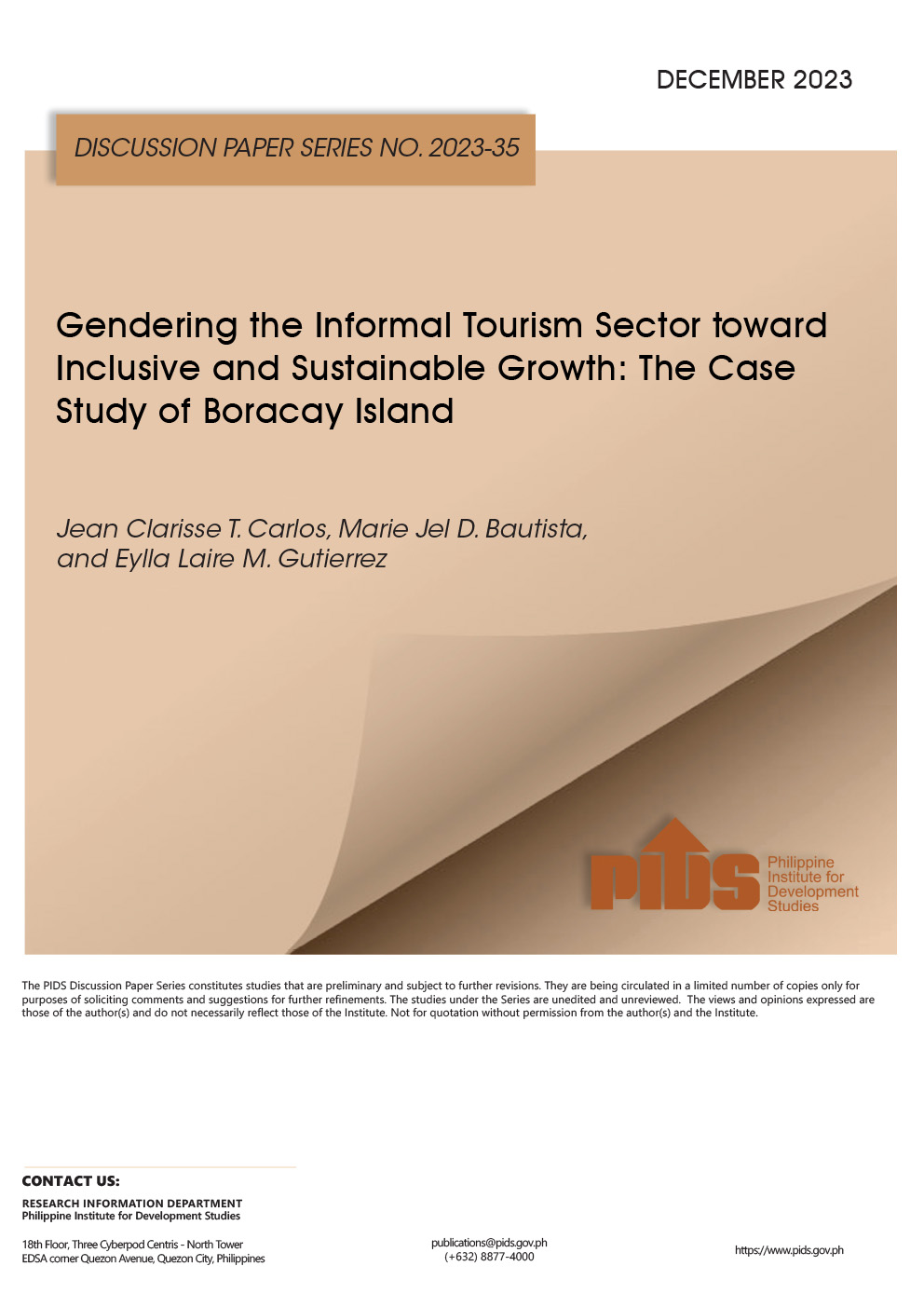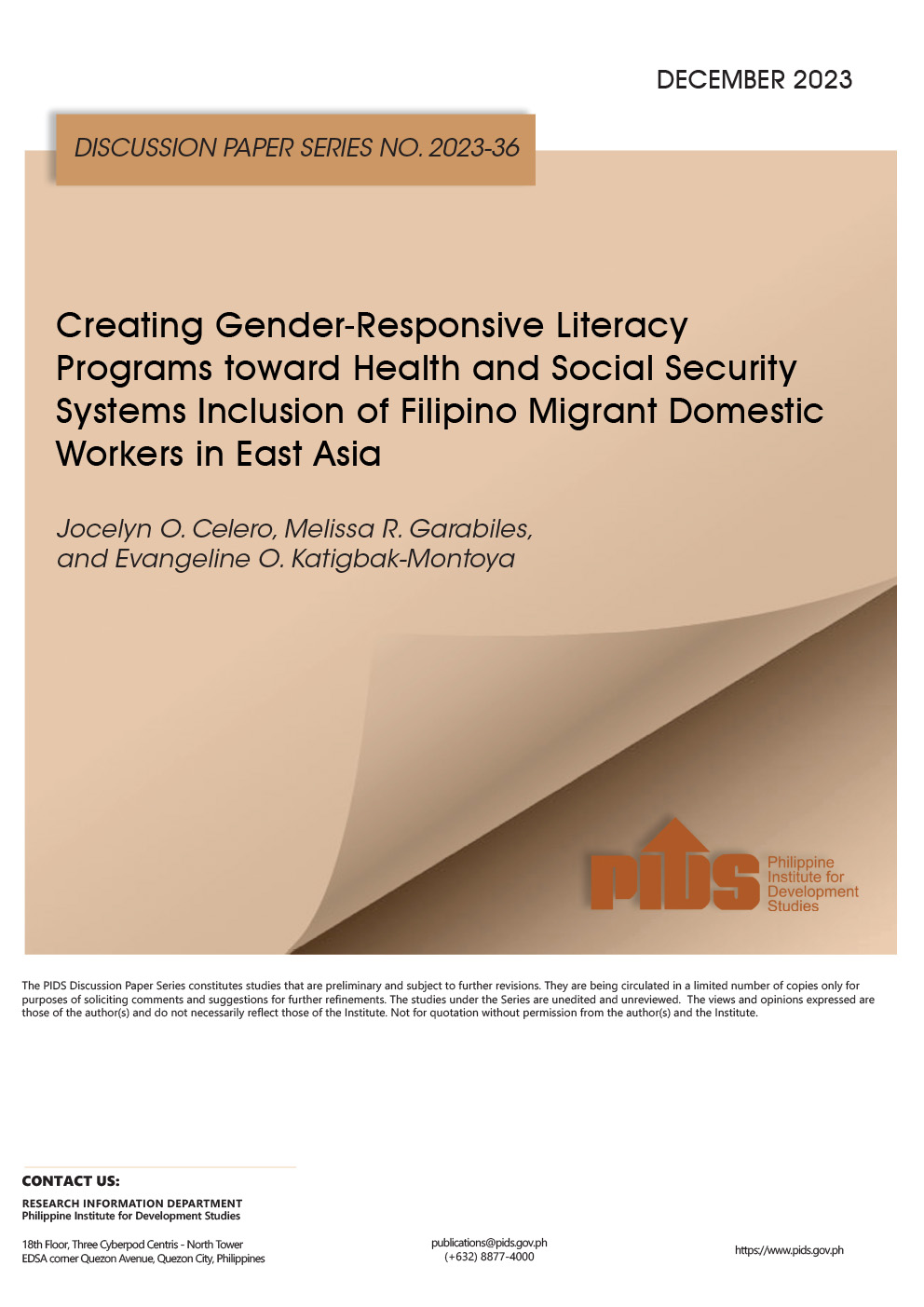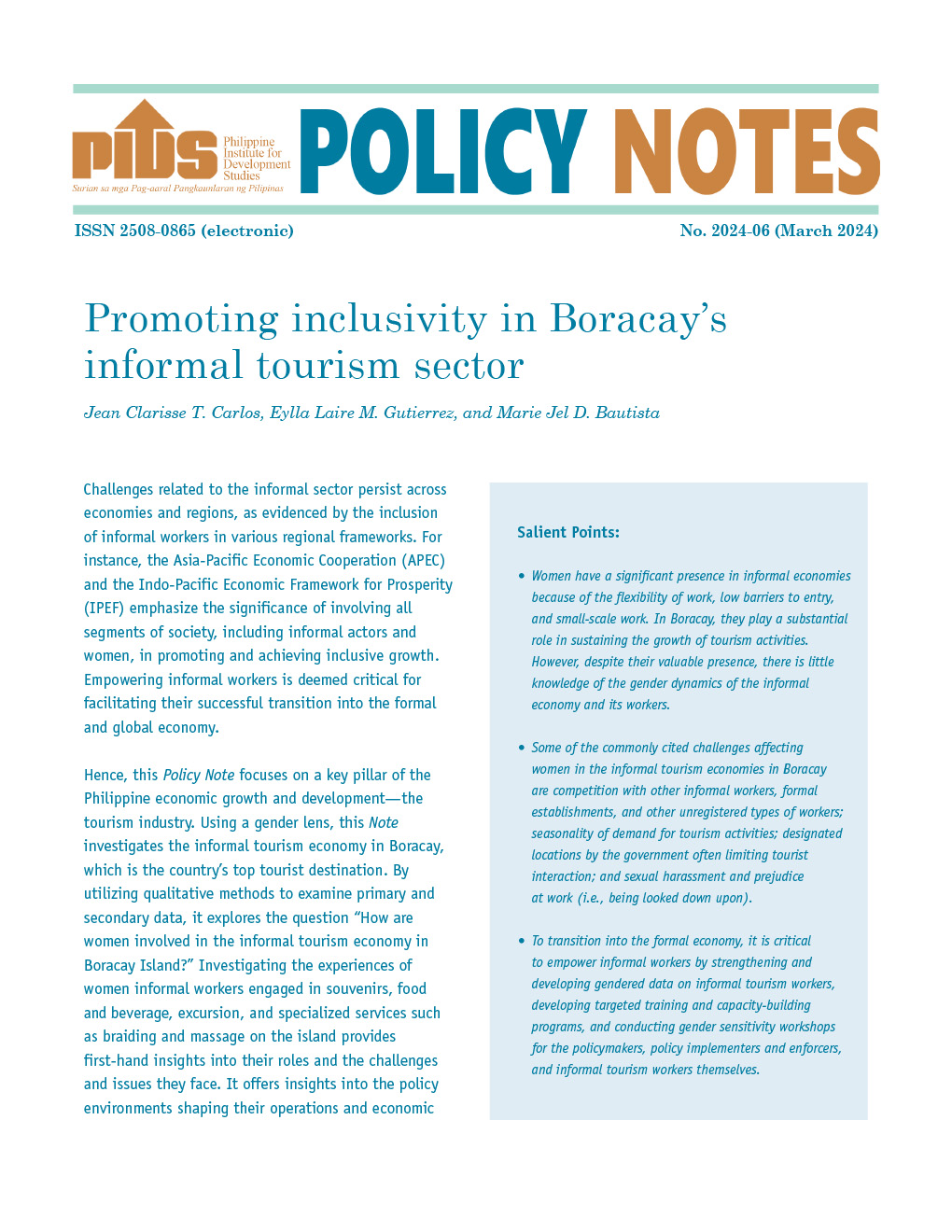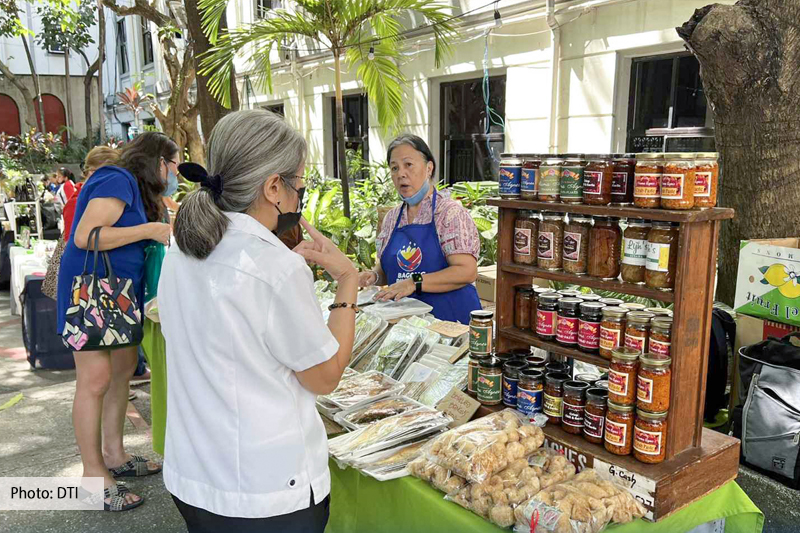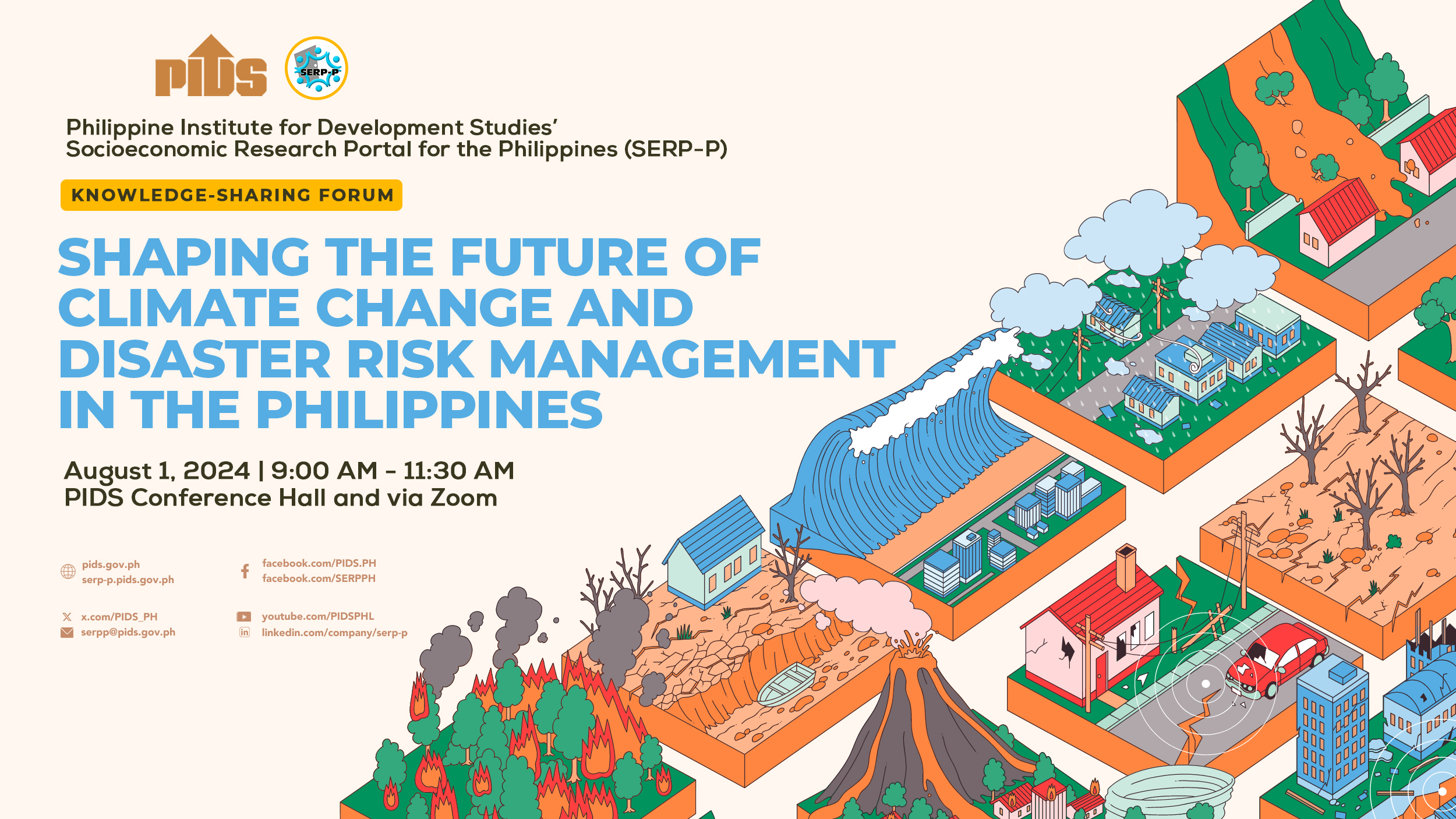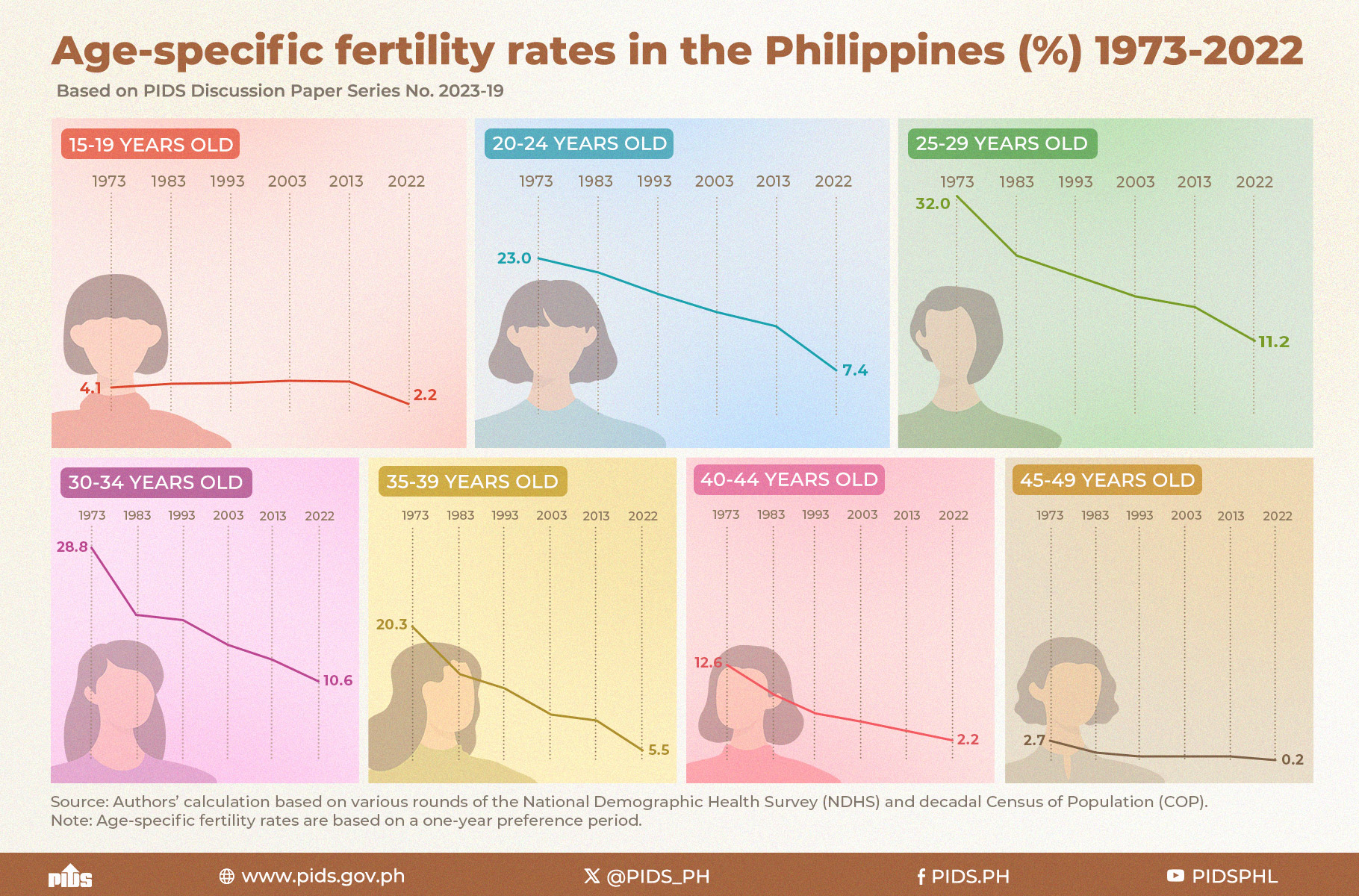Manila (CNN Philippines Life) — Sittie Norhanie Hamdag Lao was only 22 when she became the youngest legislator in the Autonomous Region of Muslim Mindanao (ARMM). Prior to being a legislator, Lao was the first female president of a student government body in the 50-year history of Marawi State University.
“When I expressed my intention to run for the student body, people kept on pounding on me being a woman, on my gender, instead of focusing on my merits,” she says. “I didn't really intend to win but at the back of my mind, I just wanted to challenge the status quo.”
She shares how gender inequalities, while pervasive in the Philippines, can be even more apparent in ARMM. “A lot of people from back home, they tend to mix cultural practices with religious practices. There's nothing in Islam that really tells a woman that you cannot participate in politics,” she adds.
Lao is among the 10 youth ambassadors of the Investing in the Future of Young Pinays campaign, a yearlong initiative of Edukasyon.ph — a social enterprise that helps young Filipinos connect with universities, scholarships, study abroad programs, and other educational resources that can help students in their careers — in collaboration with the Australian government.
The ambassadors, who come from different parts of the Philippines and work in diverse fields, from arts and filmmaking to tech and civic service, will be talking to their respective communities about their work in the hopes of inspiring and empowering other Filipinas to be leaders in their chosen careers.
‘Gender equality’ in the Philippines
While the Philippines boasts of being one of the most gender-equal countries in the world for the past years, the most recent Global Gender Gap Index of the World Economic Forum shows the Philippines slipping three spots from 7th place. The country still remains in the top 10, but the worsening performance has been due to the wage inequality for similar work carried out.
The Philippine Institute for Development Studies also states that even when unemployment rates dropped more rapidly for women than for men, authors of the study highlight that unemployment rate is not always reflective of the working conditions of women, especially since it can make it seem that “women in the Philippines who join the labor force have similar economic opportunities as men.”
In a report by HR in Asia, it was also found that 76 percent of female respondents in the Philippines deal with inequality and prejudice in the workplace, with 17 percent admitting to being questioned about their desire to have a family during the interview process.
These facts compounded by political leaders who have blatantly vilified women — such as President Duterte previously saying that there are things women can’t do and jobs women can’t take on — fueled more women’s groups and women’s initiatives that push back. And Edukasyon’s newly launched campaign seems to be one of the several additions to the gradual strengthening of the women’s movement in the country.
Addressing the gender gap
Audrey Pe, another youth ambassador, also seeks to disrupt the existing gendered expectations in the workplace of her chosen field: technology. She started Women in Tech (WiTech), an organization that hosts the first women in tech conference organized by students and for students in the country, as well as outreach programs where they teach students in far flung areas the basics of computer programming.
Through Edukasyon’s campaign, Pe believes that their role is primarily in informing Filipinas that there are fields they can pursue which they may not be aware of yet or are too afraid to be a part of. She adds that there is value in feeling represented, much as how she was inspired to build her organization after meeting female leaders in tech.
“[Back then], I couldn't think what my future in tech would be like because I couldn't think of any role models in the field,” she says. “Every time people talked about tech, it was always Mark Zuckerberg or Bill Gates, so I couldn't really see myself in them when I looked at the news and saw articles about them.”
Before creating WiTech, Pe Googled women who worked in the tech industry, reached out to them, interviewed them, and put them on her blog. The many interactions she had with women in tech all the more empowered her into believing that, indeed, she can thrive in this field. Her advocacy was all the more fortified after knowing the gender pay gap in tech jobs.
“Women are paid 18 to 22 percent less for their counterparts of the same exact position and work that they do,” she shares. “Instead of waiting for the gap in tech to close itself, instead of shifting into a different field, I decided I wanted to do something about it. I saw the potential of tech to be used to make a difference.”
Importance of women’s initiatives
According to Sen. Risa Hontiveros, one of the champions of women’s rights in the country, initiatives like these are essential in that they mirror the powerful relations among women in real life.
“It really counts not only because it makes us feel good, but because we really try to change the way things are and the way things are presumed,” she says. “In a recent forum, I was asked why men tend to support each other but we women we all have crab mentality, etc. I don't think that's accurate. I think it's natural for us also to support each other and we need to really strengthen that.”
Hontiveros is also one of the few female legislators who has risen the ranks in politics. Even when it looks like the Philippines is progressive for having been able to produce two female presidents, and having a number of women in upper and lower houses, she says that there are still very few women who have really shattered the glass ceiling.
“I think that's a very important height to conquer, not just for the symbolism of it, but because if we women can take our place at all levels, for example, in the private sector, including at the top level, then also from the top level, we can shape policy, we can cascade programs,” she explains.

